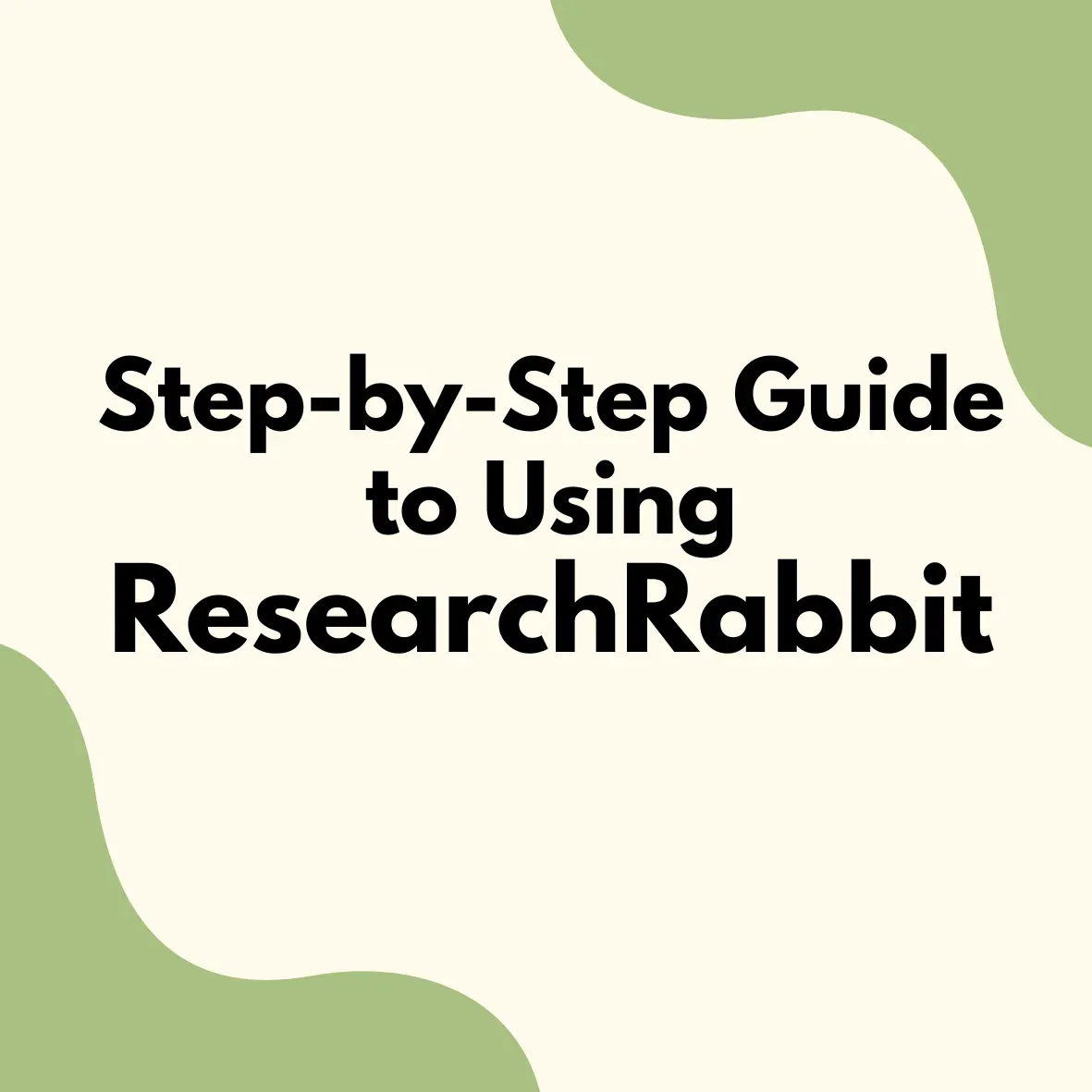Introduction
Time is the most valuable (and scarcest) resource in your PhD. Between reading, experiments, writing, teaching, meetings, and conferences, it’s easy to feel like the day disappears before you’ve made progress. You might believe you simply need to work harder or add more hours, but here’s the truth. Time management isn’t about doing more. It’s about doing the right things at the right time in the right way.
If you don’t get control of your time, the workload will control you. Deadlines will sneak up, tasks will pile on top of each other, and you’ll constantly feel like you’re behind. But when you take charge of your schedule, you give yourself breathing space, reduce stress, and make steady progress. Strong time management is what allows you to do deep, meaningful research without burning out in the process. In this guide, you’ll see the most common time management mistakes you’re likely making, proven systems you can adopt, and practical strategies to balance productivity with well-being.
Why Time Management Matters in a PhD
Your PhD is a marathon, not a sprint. If you don’t build a long-term time strategy, burnout is almost guaranteed. Work will keep expanding: there will always be another paper to read, another experiment to run, another draft to edit.
You need balance if you want to last. Time management isn’t only about research output; it’s about protecting your mental health, your relationships, and your life outside the PhD. With a clear system, you cut anxiety because you already know when and how you’ll work instead of making stressful decisions on the fly.
Good time management makes your PhD sustainable. Poor time management makes it unbearable.
Common Time Management Mistakes You Might Be Making
1. Maladaptive Perfectionism
Spending three hours perfecting a two-sentence email isn’t productivity — it’s procrastination disguised as work. Perfectionism wastes time on details that don’t move your research forward.
👉 Fix it: Adopt the mantra “done is better than perfect.” Save perfection for thesis chapters and journal submissions. Everywhere else, “good enough” is enough.
2. Prioritizing the Wrong Tasks
It’s tempting to knock out easy, low-stakes tasks like formatting citations or organizing files instead of tackling high-impact work like analyzing data or drafting a paper. That creates the illusion of progress without the substance.
👉 Fix it: Use the Eisenhower Matrix. Focus first on Important and Urgent tasks, then carve out time for Important but Not Urgent ones. That’s where the long-term wins come from.
3. Ignoring Energy Levels
Not all hours are equal. If you push heavy analysis into your lowest-energy times, you’ll waste hours and get sloppy results.
👉 Fix it: Track your natural rhythms for a week. Schedule deep work (writing, analysis) during your peak hours. Save admin and emails for when your energy dips.
4. Saying Yes to Everything
Supervisors, colleagues, and committees will flood you with requests. If you say yes to all of them, your calendar won’t reflect your priorities — it will reflect everyone else’s.
👉 Fix it: Practice saying no politely but firmly. Try: “I’d love to help, but I need to focus on finishing my draft this week. Could we revisit this later?”
5. Falling Into “Paper Baiting”
You don’t need to read every paper that touches your topic. Believing you do traps you in endless rabbit holes that feel like work but don’t actually move you forward.
👉 Fix it: Be selective. Use ResearchRabbit or Litmaps to identify the most relevant papers and limit yourself to a manageable number each week (3–5 max).
6. Refusing to Use Systems or Automation
Manually re-typing citations, reformatting documents, or re-scheduling the same tasks eats up your time and drains your energy.
👉 Fix it: Batch tasks like checking email. Automate references with Zotero or Mendeley. Use templates for recurring tasks like meeting notes or reading logs.
Time Management Systems That Actually Work
Kanban (Visual Task Flow)
Set up a board with columns like To Do → Doing → Done. Moving tasks across gives you a visible sense of progress.
🔧 Tools: Trello, Notion, or even sticky notes on a wall.
Getting Things Done (GTD)
Capture every task in one place, clarify what’s actionable, and sort into lists. This clears your mental clutter and ensures nothing slips.
🔧 Tools: Todoist, Notion, or a paper planner.
Eisenhower Matrix
Divide your tasks into urgent vs important. This stops you from wasting time on “urgent but not important” tasks that eat your day.
🔧 Tools: Any 2×2 grid, digital or paper.
Gantt Charts (Long-Term Planning)
Lay out your milestones on a timeline. This helps you pace your work across months and years so you don’t crash at the end.
🔧 Tools: Notion timelines, Asana, MS Project.
Pomodoro Technique (Focus Blocks)
Work for 25 minutes, rest for 5. Simple, but powerful. This breaks procrastination and keeps your energy steady.
🔧 Tools: TomatoTimer, Forest app, or any timer.
Practical Time Management Strategies
- Plan weekly. Spend 30 minutes Sunday night setting up your week.
- Batch tasks. Handle similar work together — all emails in one block, all citations in another.
- Use focus blocks. Schedule 2–3 deep work sessions during your high-energy hours.
- Set micro-goals. Don’t say “write Chapter 2.” Say “write 300 words today.”
- Track progress. Use a log or dashboard so you can see your wins stacking up.
- Protect well-being. Schedule downtime the same way you schedule deadlines. Rest isn’t wasted time — it’s what makes the work possible.
Tools That Can Help You
- ResearchRabbit → Discover, visualize, and organize key papers so you don’t drown in PDFs.
- Litmaps → Track how literature evolves and spot trends you might otherwise miss.
- Zotero / Mendeley → Manage references and generate citations instantly.
- Notion / Obsidian → Build dashboards, keep notes, and connect ideas.
- Google Calendar → Block time for deep work and protect it.
- Toggl / Clockify → Track how you actually spend your time so you can adjust.
Final Thoughts
Time management isn’t about cramming more into your day; it’s about aligning your work with your goals, energy, and priorities. If you fall into the traps of perfectionism, endless reading, or saying yes to everything, you’ll burn out. But if you build systems like Kanban, GTD, Eisenhower, batching, and focus blocks, you’ll stay in control.
Your PhD is a marathon. Protect your time. Protect your energy. And don’t forget to live outside your research. The best researchers aren’t the busiest — they’re the most intentional.
👉 Start small today. Use ResearchRabbit to organize your reading list and cut through the paper overload. That one step alone can bring clarity to your field.




%20(800%20x%201036%20px).webp)



This is a big test comment on your article.